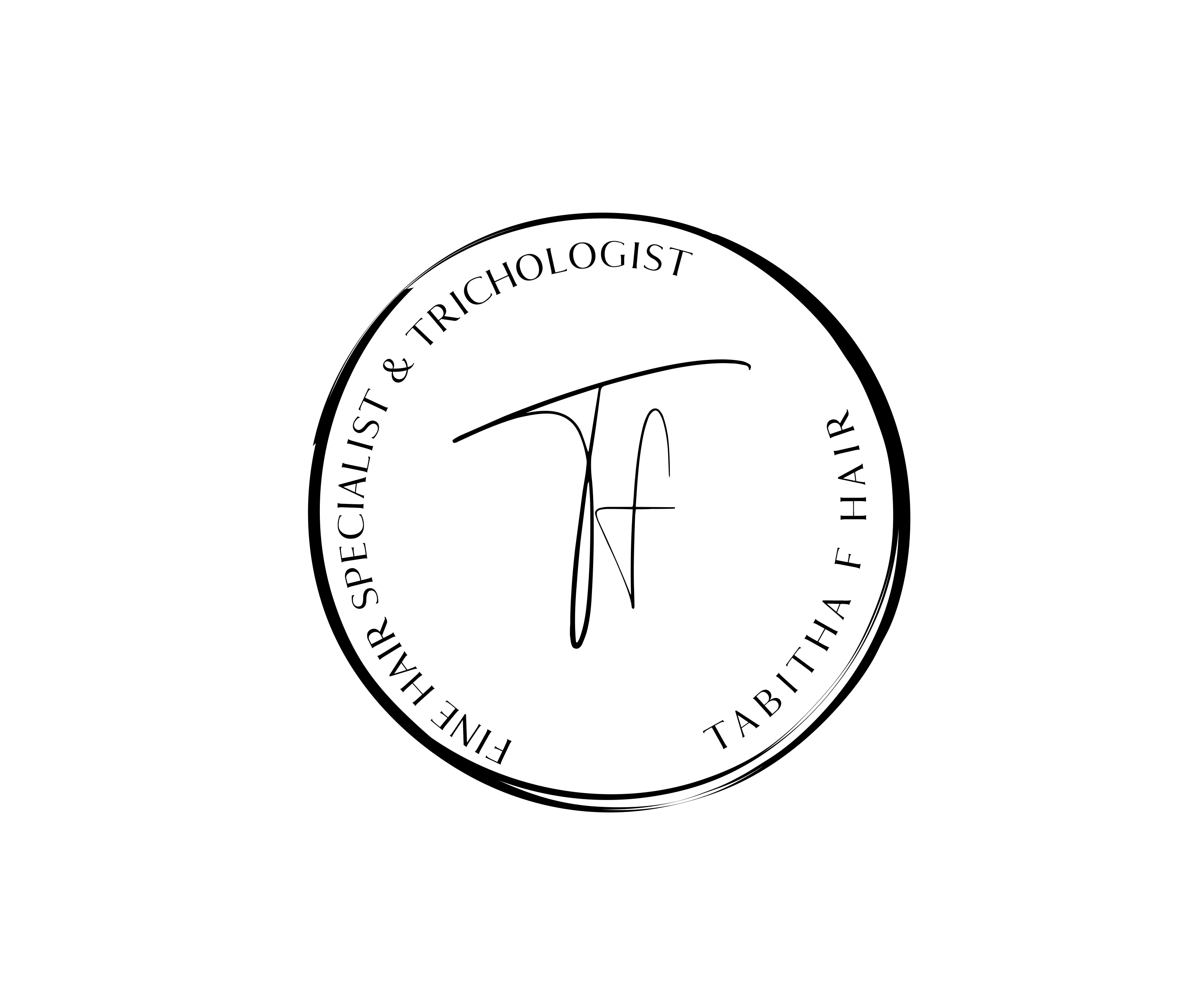Unlocking the genetic hair loss code
- Tabitha Fredrichs

- Jun 25, 2023
- 2 min read
Genetic hair loss, also known as androgenetic alopecia, is a common condition that affects millions of people worldwide. This blog aims to provide comprehensive insights into the causes, impacts, and available treatments for genetic hair loss. This guide will equip you with the knowledge to help your clients navigate the world of genetic hair loss.
Understanding the Science: The Genetics of Hair Loss
The hair loss gene can come from the mother, father & can even skip generations.
The role of hormones play a huge part, particularly dihydrotestosterone (DHT), in genetic hair loss.
Genetic hair loss is a slow progression of an inheritance patterns and familial connections associated with this condition. If Uncle Gary had a receding hair line at the age of 35 than that will be something that we will be looking for.
Under the microscope, we are looking for miniaturizing hairs in the inheritance patterns.
Lifestyle factors and environmental influences can affect the progression of genetic hair loss. For example a client that smokes/vapes will have earlier symptoms of hair loss & greying hair.
2. Emotional Impact: Coping with Genetic Hair Loss
Listen to how the client explains their hair loss concerns and use the same language to let the client know that you understand.
Address the emotional and psychological impact of hair loss that the client has.
Share practical strategies for boosting self-confidence and self-esteem.
Provide resources and support networks to help clients cope with the emotional challenges associated with genetic hair loss.
3. Treatment Options: From Prevention to Restoration
Discuss preventive measures and lifestyle changes that can slow down the progression of genetic hair loss.
Explore Natural & medicated topicals, hair loss shampoos, growth factors, scalp treatments and nutritional supplements to managing their hair loss.
Shed light on hair restoration procedures like hair transplantation, platelet rich plasma (PRP) treatments and low-level laser therapy.
4. Beyond Genetics: Other Factors Influencing Hair Loss
Talk about Stress and what the client is doing to manage their stress daily.
Nutritional deficiencies are a big contributor of miniaturization of the hair follicle and needs to be addressed.
Certain medical conditions and medications can contribute to genetic hair loss.
Provide practical tips for maintaining overall hair health and promoting regrowth.

5. Embracing Your Unique Look: Empowering Perspectives on Hair Loss
Highlight inspirational stories and perspectives from individuals who have embraced their hair loss journey.
Encourage self-acceptance and celebrate diversity in beauty standards.
Provide tips for styling, grooming, and embracing one's unique look.
Genetic hair loss can be a challenging experience, but understanding its underlying causes, available treatments, and coping mechanisms can empower clients to take control of their journey. Tricho EDU is dedicated to provide you with the knowledge and tools to navigate the world of genetic hair loss with confidence, and help your clients slow down their genetic hair loss and have a positive outlook on taking control of their hair loss.
Click this LINK to learn more about Tricho EDU education.





Comments